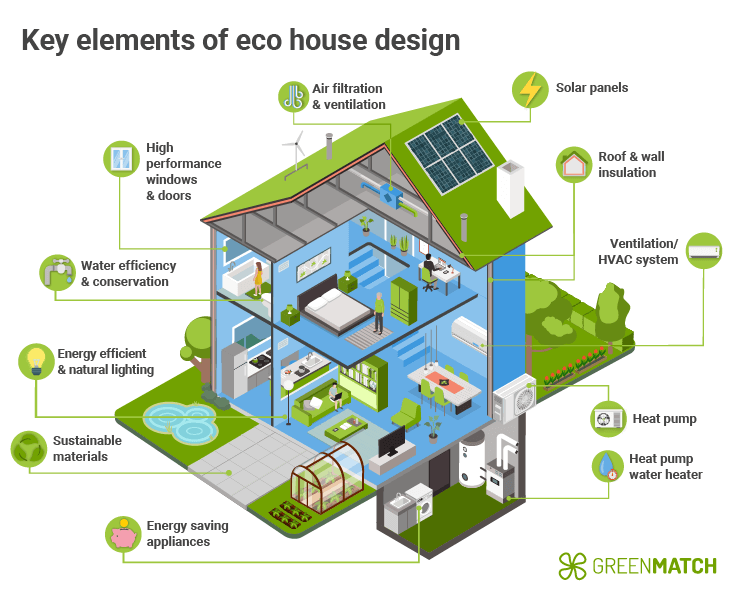
Sustainable Spaces: Business Eco-Housing Unveiled
Explore the innovative realm of business eco-housing, where sustainability meets functionality, creating spaces that harmonize with the environment and cater to the evolving needs of businesses.
Business Eco-Housing: A Link to Sustainable Spaces
To delve deeper into the concept of business eco-housing, visit Business Eco-Housing. This link provides valuable insights into the sustainable solutions shaping business spaces for the future.
Integration of Green Building Practices
Business eco-housing places a strong emphasis on green building practices. From energy-efficient designs to the use of sustainable materials, these structures aim to minimize environmental impact while maximizing energy efficiency. Integration of green building practices ensures that businesses operate within eco-friendly and resource-efficient spaces.
Renewable Energy Integration
Sustainability in business eco-housing goes beyond construction materials. Incorporating renewable energy sources such as solar panels, wind turbines, or geothermal systems is a common feature. By harnessing natural resources, businesses not only reduce their carbon footprint but also benefit from long-term energy cost savings.
Smart Technologies for Energy Management
The integration of smart technologies is a hallmark of business eco-housing. These technologies enable efficient energy management, allowing businesses to monitor and optimize their energy usage. From automated lighting systems to smart HVAC (heating, ventilation, and air conditioning) controls, businesses can enhance operational efficiency while reducing environmental impact.
Biophilic Design and Indoor Greenery
Business eco-housing prioritizes the well-being of occupants by incorporating biophilic design principles. This involves integrating natural elements into the built environment, such as indoor greenery, living walls, and natural light. Such design elements enhance the overall workplace experience, contributing to increased productivity and employee satisfaction.
Waste Reduction and Recycling Initiatives
Minimizing waste is a key focus in business eco-housing. Recycling initiatives, waste reduction programs, and the use of sustainable materials contribute to creating environmentally responsible spaces. Businesses are adopting circular economy principles, aiming to reduce, reuse, and recycle materials throughout the lifecycle of their buildings.
Water Conservation Measures
Sustainable water management is integral to business eco-housing. Implementing water conservation measures, such as rainwater harvesting, low-flow fixtures, and efficient irrigation systems, ensures responsible water usage. Businesses can contribute to local water conservation efforts while optimizing their own water consumption.
Inclusive and Flexible Design for Adaptability
Business eco-housing embraces inclusive and flexible design principles. Spaces are designed to be adaptable to the evolving needs of businesses, allowing for easy reconfiguration and expansion. This flexibility ensures that the building can accommodate changes in technology, workforce size, and business strategies over time.
Certifications and Standards for Sustainability
To validate their commitment to sustainability, businesses are seeking certifications and adhering to green building standards for their eco-housing projects. Certifications such as LEED (Leadership in Energy and Environmental Design) and BREEAM (Building Research Establishment Environmental Assessment Method) provide recognition for businesses that meet stringent sustainability criteria.
Community Engagement and Social Responsibility
Business eco-housing extends its impact beyond the workplace to community engagement and social responsibility. These projects often integrate spaces that serve the local community, fostering a sense of interconnectedness. Whether through shared green spaces, community events, or educational programs, businesses aim to be positive contributors to the communities they inhabit.
Conclusion: Building a Sustainable Future
In conclusion, business eco-housing is more than just a construction trend; it’s a commitment to building a sustainable future. By integrating green practices, renewable energy sources, and smart technologies, businesses are creating spaces that align with environmental stewardship. To explore further insights into Business Eco-Housing, visit Business Eco-Housing.
